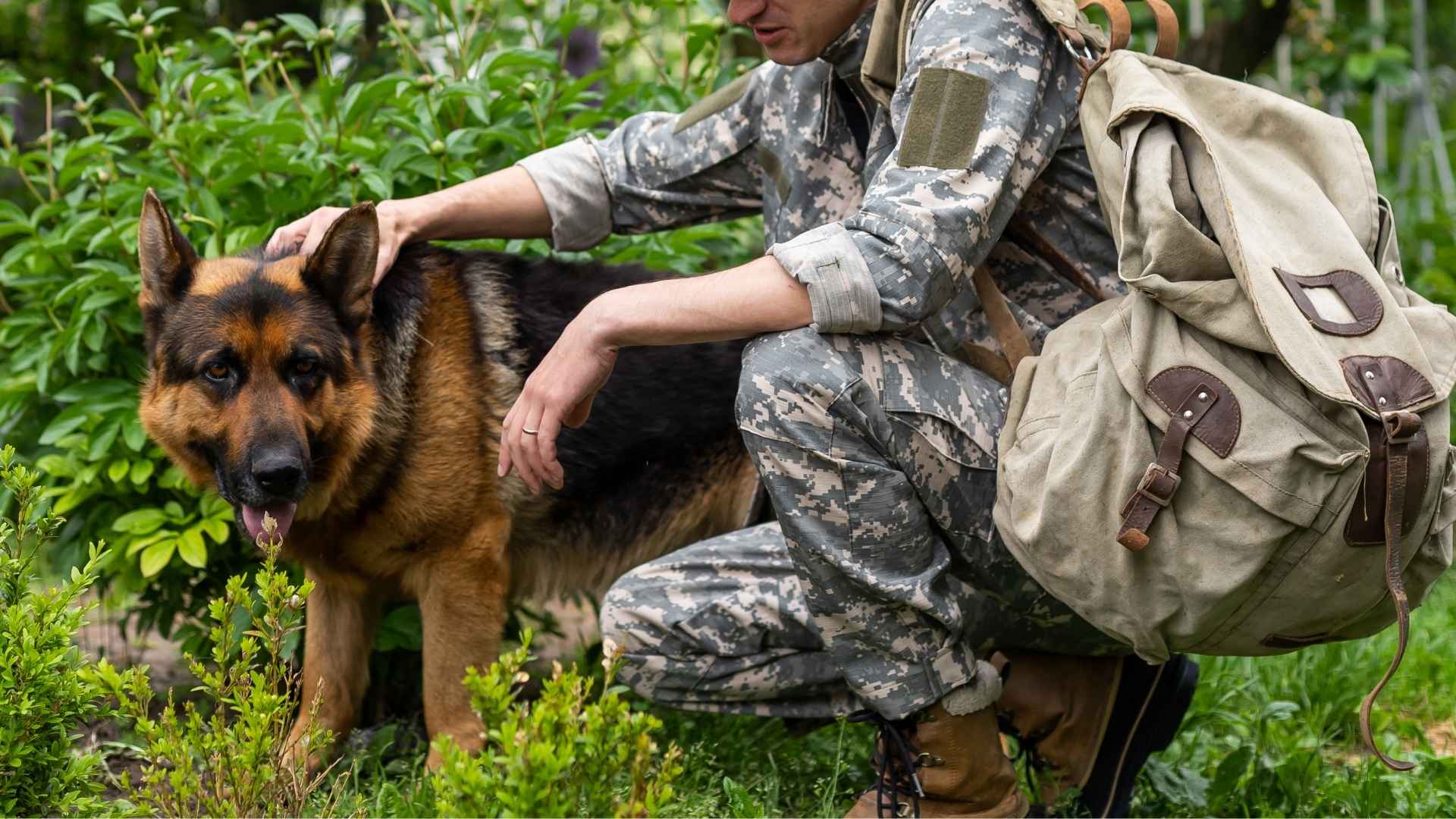Sometimes the best therapist has fur and four legs.
For many veterans living with PTSD, this couldn’t be more true. According to the US Department of Veterans Affairs, around 7% of veterans will experience PTSD in their lifetime. This can result from combat, military sexual trauma, or serious training accidents. These painful experiences often continue to affect daily life long after service ends.
But there is hope, and it often comes with a wagging tail. Research shows that service dogs can help reduce PTSD symptoms by providing comfort, emotional grounding, and a sense of safety. These dogs are not just pets. They are companions, protectors, and healing partners.
In this article, you will discover the best service dog breeds best suited for veterans with PTSD. Whether you are searching for a calming presence or a loyal helper, these 7 therapy dog breeds offer deep emotional support and a powerful connection that can truly change lives.
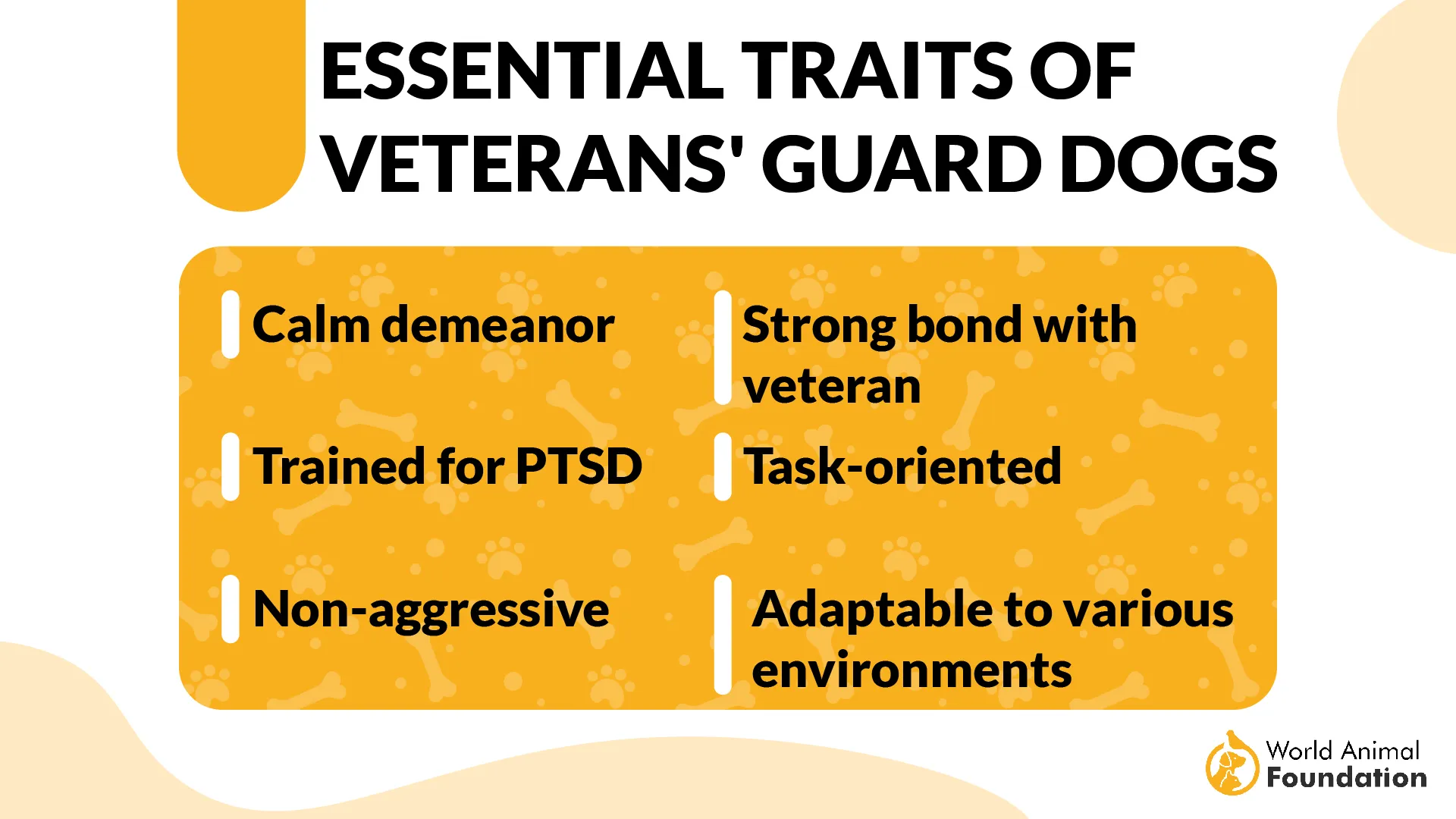
Dog Breeds for Veterans with PTSD
Service dog breeds for veterans with PTSD include these 7 amazing companions that offer comfort, support, and emotional healing.
1. Labrador Retriever
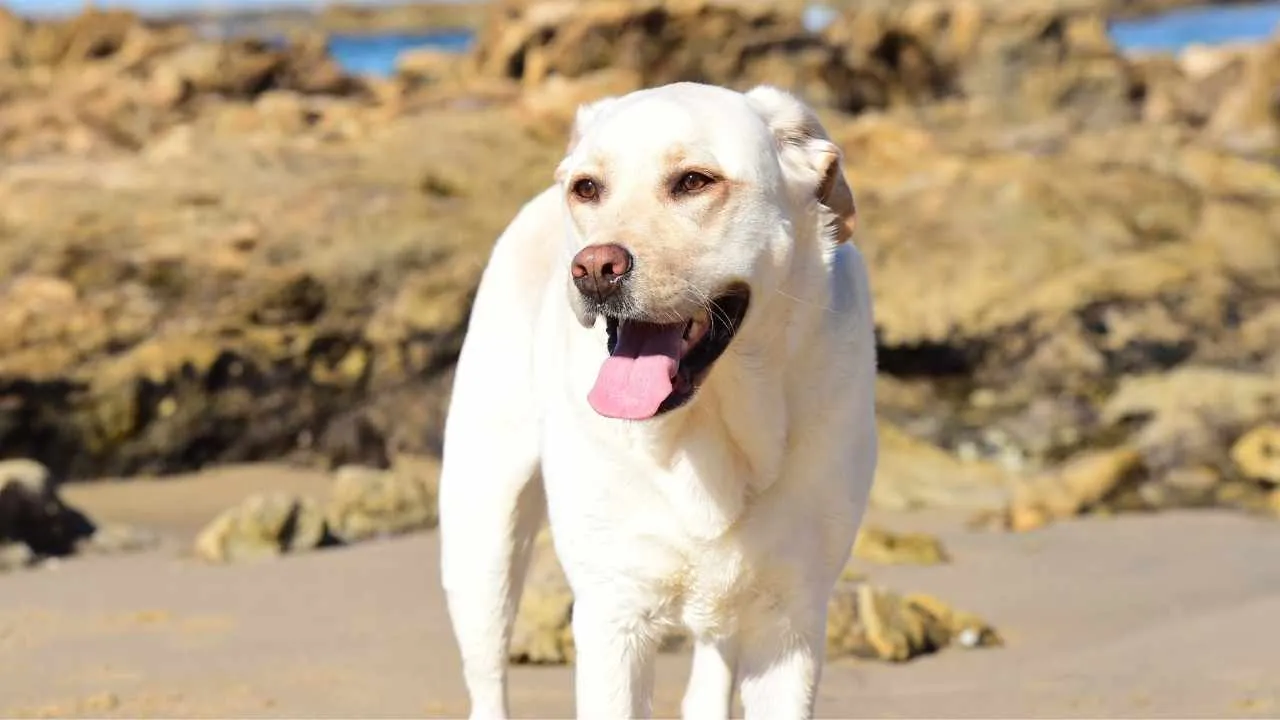
Labrador Retrievers are known for their gentle and caring nature, which makes them a wonderful match for veterans living with PTSD. These PTSD dogs are sensitive and seem to know when something is wrong.
They stay close during tough moments and offer quiet comfort just by being there. Their love for cuddling and their ability to sense emotions can help ease anxiety and bring a sense of peace.
According to the American Kennel Club, Labradors are also highly trainable and love having a job to do. This makes them great service dogs, always ready to help their person, even with physical assistance.
Labrador Retrievers are naturally gentle, loving, and attentive, making them well-suited for supporting people with PTSD, physical limitations, autism, and other neurodevelopmental conditions. Their ability to form strong bonds and bring emotional comfort makes a meaningful difference in the lives they touch.
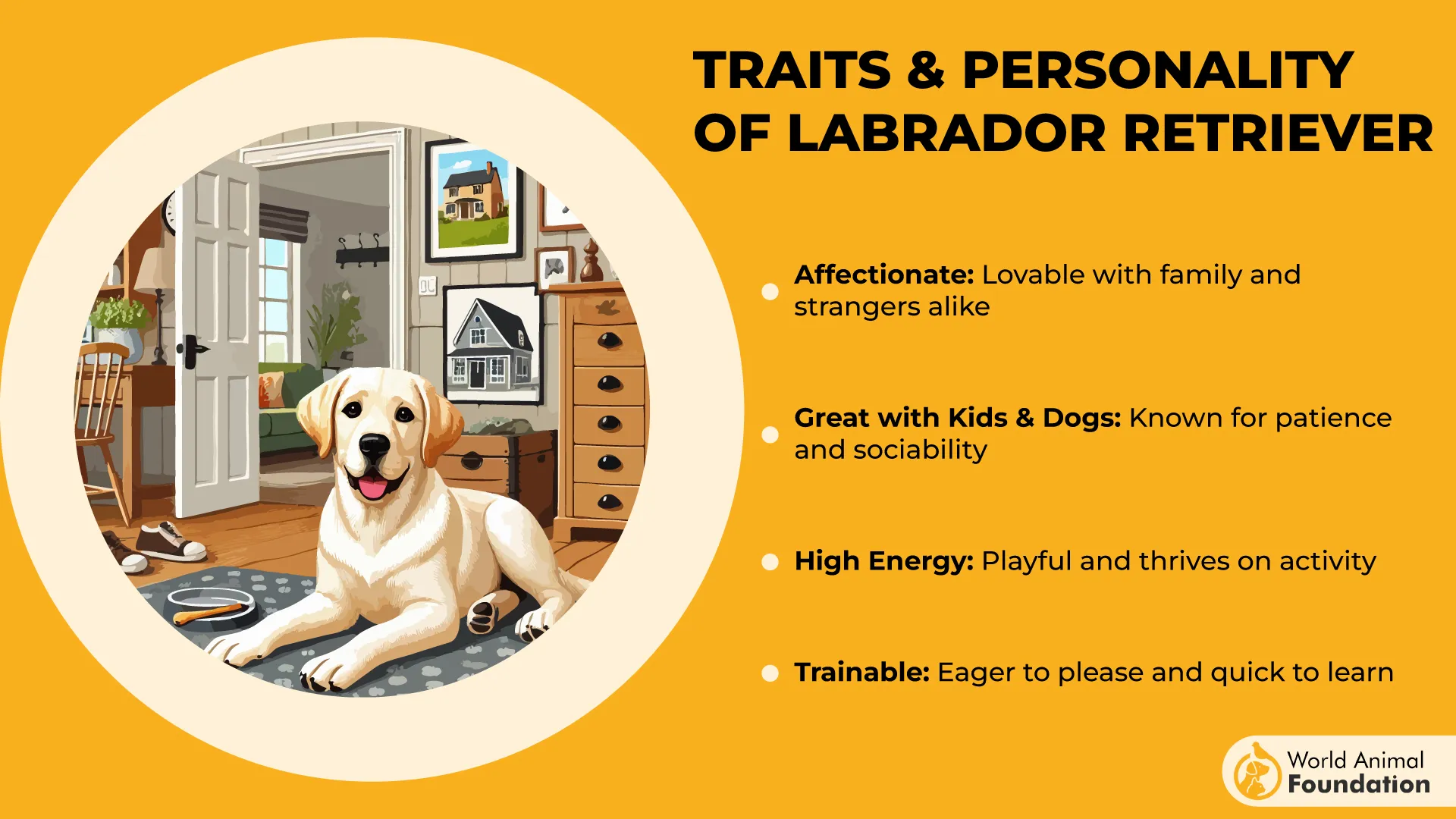
Their love is unconditional, and their loyalty unwavering. For a veteran facing tough days, a Labrador’s gentle eyes and wagging tail can be a lifeline. They are a reminder that healing is possible and no one has to face it alone.
2. Golden Retriever
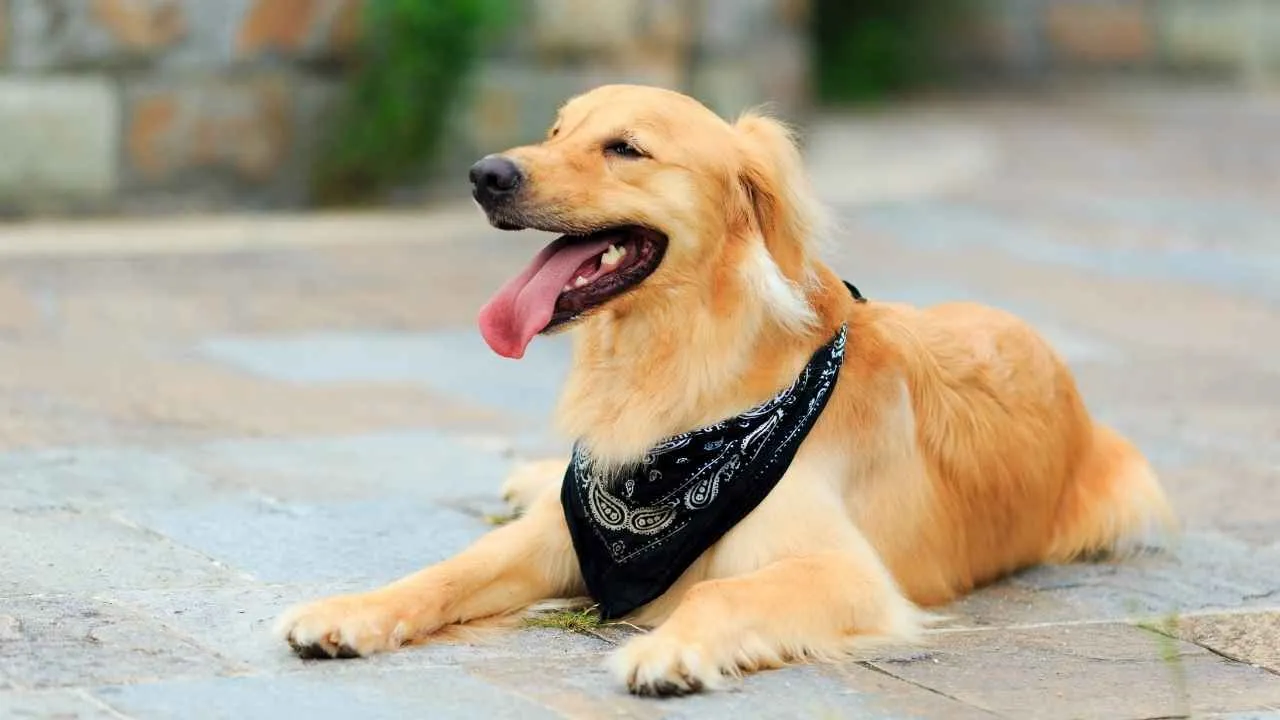
Golden Retrievers are known for their gentle, patient, and loving nature. These qualities make them special companions for veterans struggling with PTSD. Their calm and friendly personality helps create a peaceful environment where veterans can feel safe and understood. These service dogs sense when their owners are upset and offer comfort without judgment, becoming a steady source of support.
Because Golden Retrievers are smart and eager to please, they can be trained to help with many challenges that come with PTSD. They can remind veterans to take deep breaths, stay grounded during moments of panic, or simply provide a calm presence when anxiety feels overwhelming.
They can learn complex tasks quickly. Their size and gentle strength also help veterans feel protected and less alone in difficult times.
More than just helpers, Golden Retrievers are true friends. Their playful and loving ways bring joy to each day and help lift the heavy weight of trauma. For veterans living with PTSD, the warmth and overly protective nature of a Golden Retriever can bring hope and healing when it feels out of reach.
3. Standard Poodle
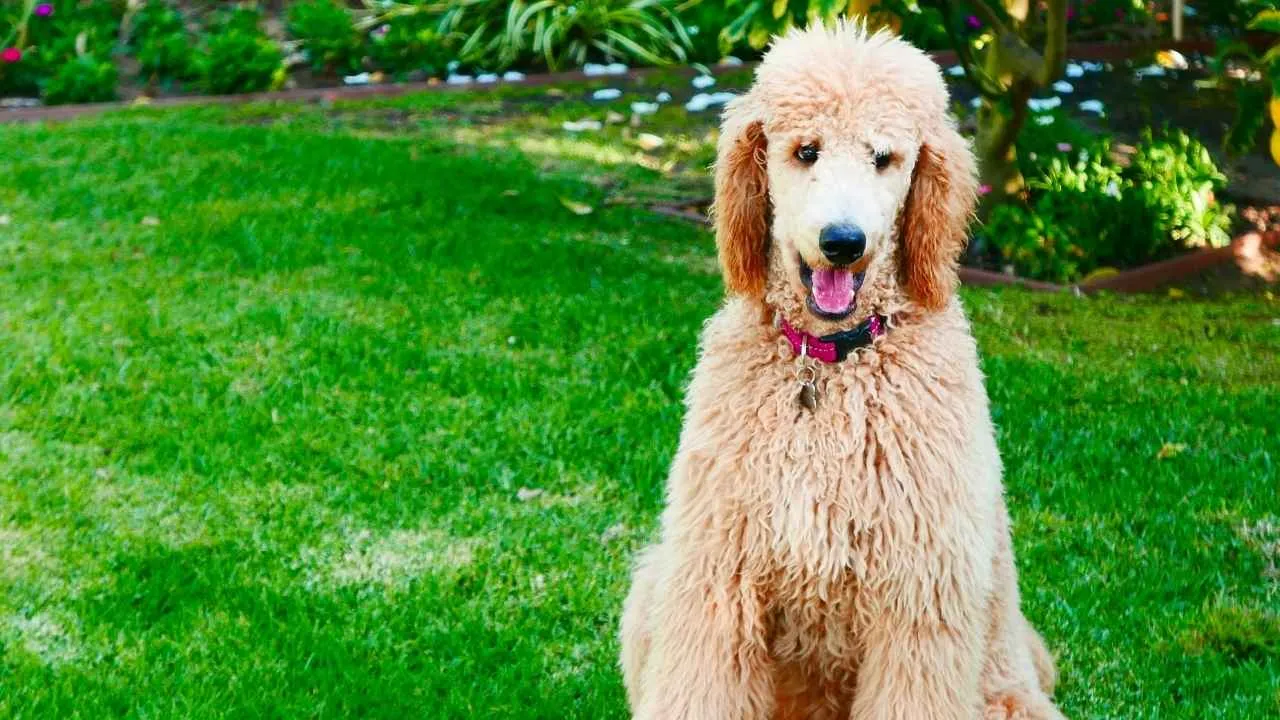
Standard Poodles are known for their emotional intelligence, gentle nature, and loyalty. These qualities make them wonderful companions and the best service dogs for veterans struggling with PTSD.
Their calm temperament and patient personality help create a peaceful space where veterans can feel safe. Poodles are sensitive to their owner’s feelings and often sense when comfort is needed, offering quiet emotional support during difficult moments.
Pettable states that the quick learning ability of Standard Poodles means they can be easily trained via service dogs training programs to assist with important tasks like reminding veterans to take medication or finding things they need.
This kind of help can make daily life easier and less stressful. Their low-shedding coat also makes them suitable for veterans who may have allergies, adding to their thoughtful nature.
For veterans facing PTSD, having a loyal Poodle as a therapy dog by their side can bring hope, healing, and a much-needed sense of peace.
4. German Shepherds
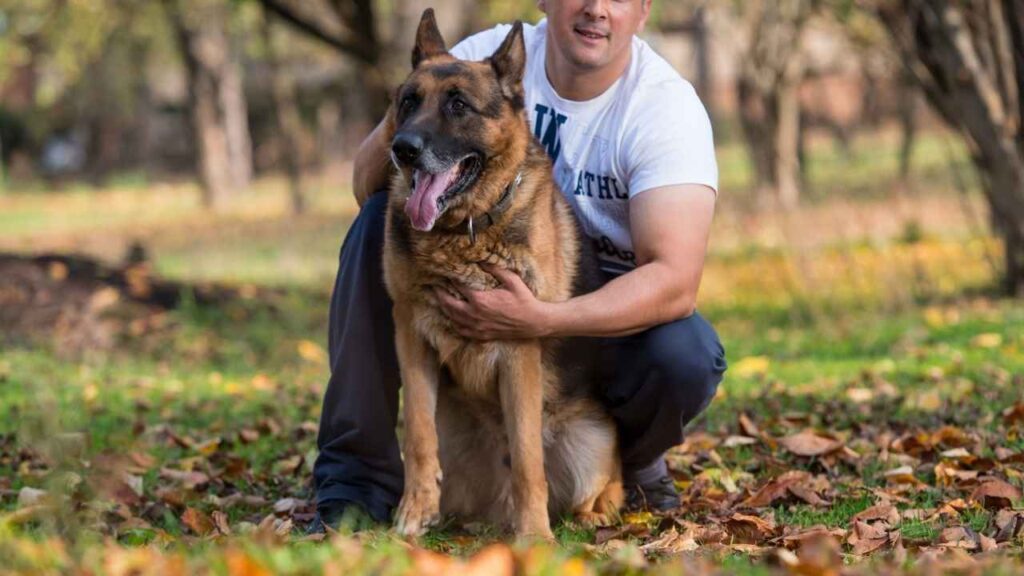
German Shepherds are natural protectors with big hearts, making them powerful companions for veterans living with Post Traumatic Stress Disorder. Their sharp intelligence and strong desire to help allow them to sense and respond to panic attacks, anxiety, or emotional distress.
These service dogs offer not just comfort but also a sense of safety, standing confidently by their owner’s side when the world feels overwhelming.
These dogs need purpose and thrive when given a job, which is why they excel as service animals. They form deep bonds with their families and are especially loyal, offering quiet strength and support. For a veteran who often feels unsafe or on edge, a German Shepherd provides both emotional grounding and a watchful presence.
Though they may look serious, German Shepherds are full of love and devotion. One remarkable German Shepherd named Kaya proved, they don’t just serve, they leave behind a legacy of healing and hope for those who served.
5. Boxer
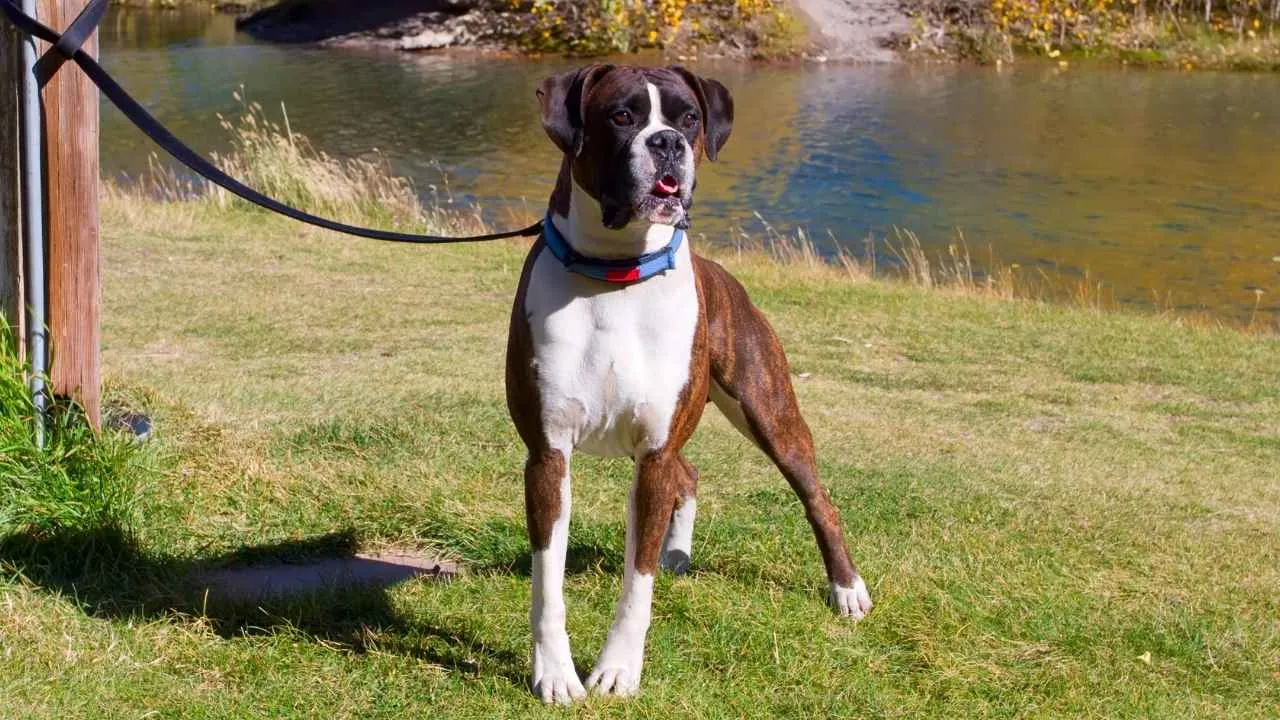
Boxers may look like tough athletes, but underneath those muscles is a giant heart ready to love, protect, and play. For veterans living with PTSD, this mix of strength and sensitivity can be life-changing.
Like other service dog breeds, Boxers are naturally alert and deeply loyal, often picking up on emotional shifts before anyone else does. When your mind is stuck in fight, flight, or freeze mode, a Boxer’s calm stare or gentle nudge can quietly pull you back to the present.
They’re smart and full of energy, but they get bored easily, so training becomes more of a game than a chore. Short, playful sessions are the key, and once bonded, Boxers give their all. They’ll stand tall when you feel small, keep watch when you feel unsafe, and lean into you when the memories feel too heavy to carry alone.
Even on the darkest days, a Boxer’s goofy grin and big brown eyes remind you, you’re not alone, and healing doesn’t have to be silent. Sometimes, it comes with a tail wag and a slobbery kiss.
6. Border Collie
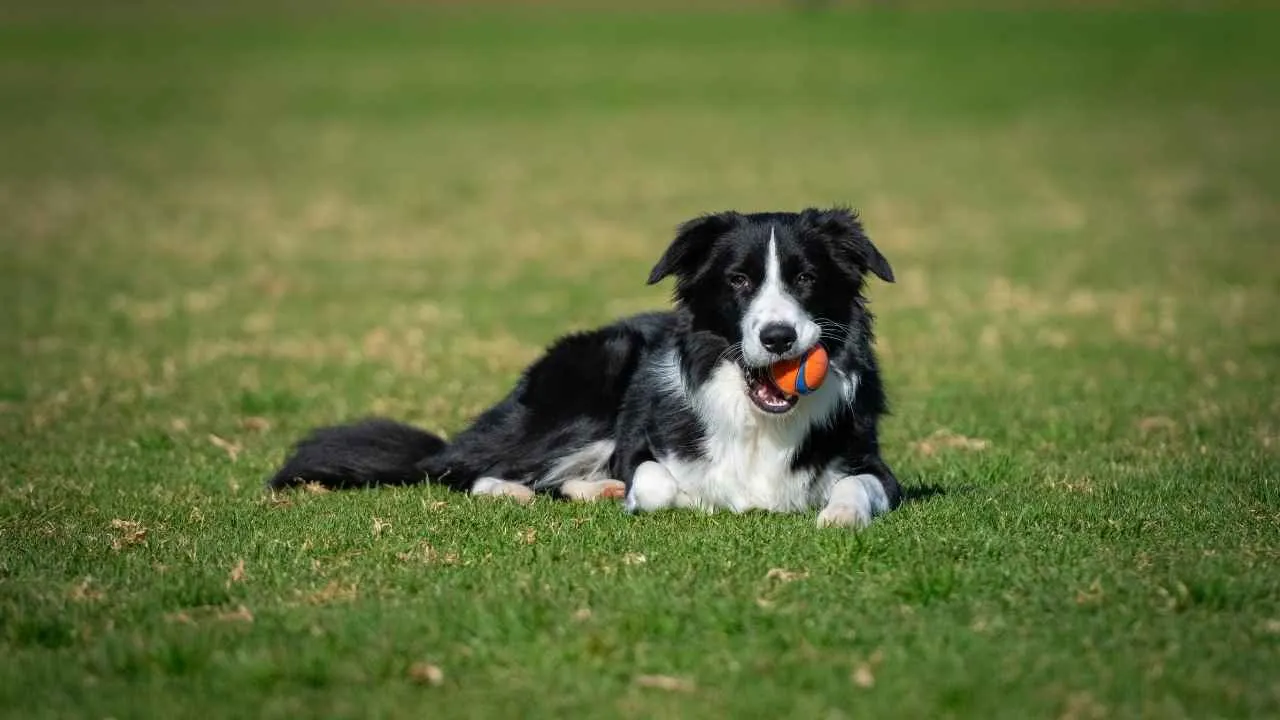
Border Collies are special service dogs that love to work and learn new things. For veterans dealing with PTSD, these service dogs can be a steady source of support. Their quick minds help them understand what their owner needs, like finding medicine or guiding them safely through busy places. They also know how to calm a sudden panic or alert others if something is wrong.
These loving dogs have lots of energy and enjoy running and playing, which can help both the dog and the veteran feel better. Their loyalty and focus mean they stick close, offering comfort just by being there. They may be shy around strangers, but are deeply loving with their family.
Having a Border Collie means having a friend who is always ready to help and keep you safe. With proper training from a skilled dog trainer, a Border Collie can become a loyal furry friend capable of performing tasks in service-related jobs. Their smart, caring nature makes them great therapy dogs and partners on the road to healing from PTSD.
7. Doberman Pinscher
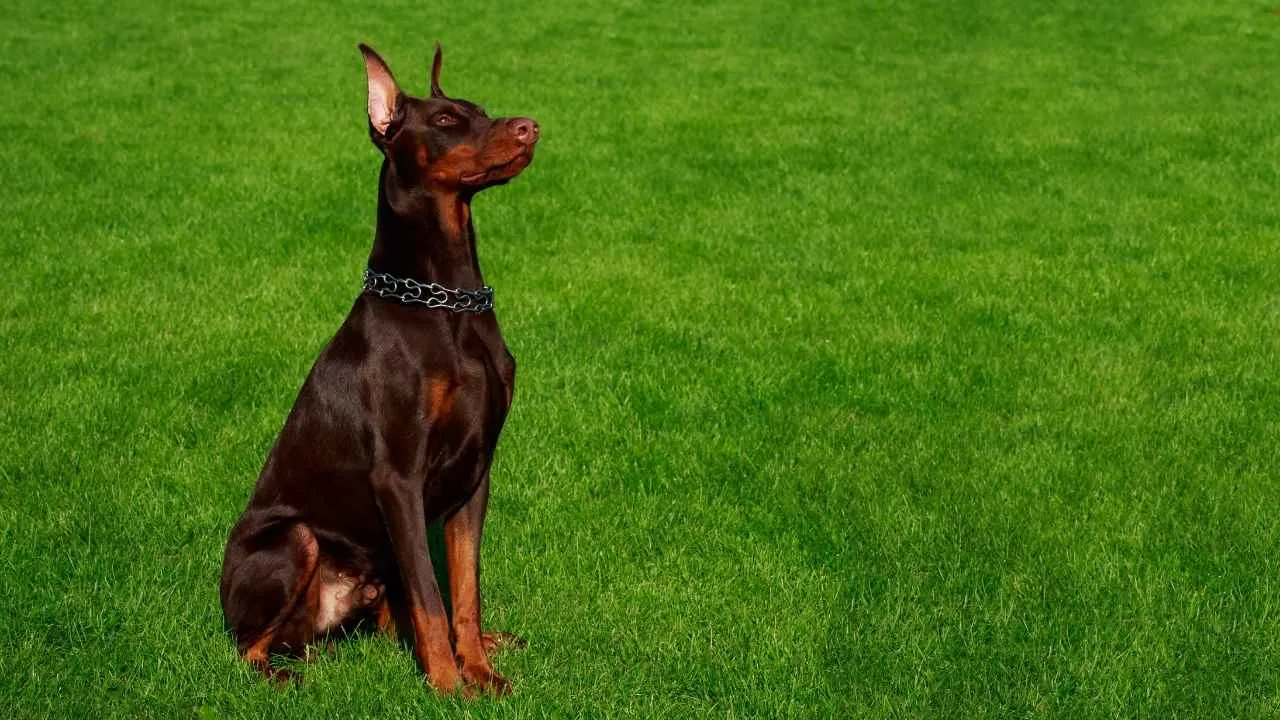
Dobermans have a special way of sticking close to their people. Veterans with PTSD often find comfort in this breed because Dobermans follow their owners from room to room, like a royal shadow. They are sometimes called “velcro dogs” because they never want to be far away. This strong bond helps veterans feel less alone and more secure during tough moments.
According to the Doberman Pinscher Club of America (DPCA), the Doberman Pinscher was likely bred from Old German Shepherds (now extinct), German Pinschers, Black and Tan Manchester Terriers, and Greyhounds.
These dogs are smart and love to work with their handlers. Their eagerness to learn means they can be trained to help with many PTSD-related tasks, like interrupting anxious behaviors or providing steady companionship. Their protective nature can bring peace of mind without being aggressive.
Choosing the right service dog breed is very personal, and Dobermans offer a loving, focused presence that many veterans find healing. Their loyalty and devotion make them powerful partners on the journey to managing PTSD.
Conclusion:
Though not all dogs are suited to be emotional support dogs, having a loyal and well-trained service dog can make a world of difference for veterans living with PTSD. Certain dogs like Dobermans, Border Collies, Boxers, German Shepherds, and Golden Retrievers bring not only intelligence and skill but also deep emotional support and companionship.
These wonderful service dogs are uniquely suited to help veterans manage anxiety, reduce stress, and regain a sense of safety and trust in everyday life. Whether it’s through calming presence, alertness to triggers, or helping with daily tasks, a service dog can be a vital partner in healing and recovery.
If you or a loved one is a veteran struggling with PTSD, consider exploring the powerful bond that a service dog can offer. Taking this step could bring comfort, strength, and hope for a better tomorrow.


